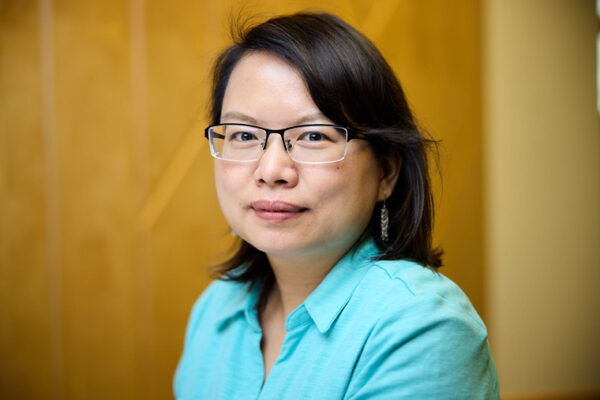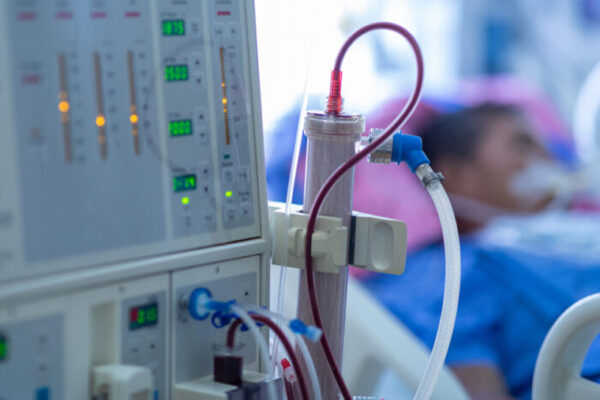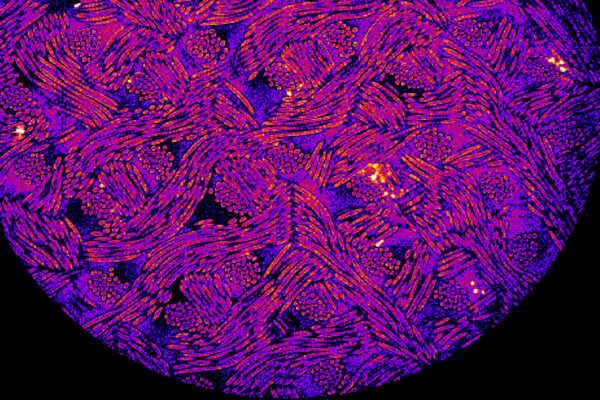Allen Sclaroff, professor of clinical otolaryngology, 75
Allen Sclaroff, DDS, professor of clinical otolaryngology at Washington University School of Medicine, died Aug. 18 in St. Louis, following complications of multiple myeloma. He was 75.
‘First-in-class’ tool for potential treatment of brain disorders
Biomedical engineer Hong Chen at the McKelvey School of Engineering will use a $2.1 million grant from the National Institutes of Health (NIH) to find noninvasive tools to treat the brain.
Rockwell-Hopkins named associate vice chancellor for operations, facilities
Melissa Rockwell-Hopkins, whose position has her overseeing more than $1 billion in construction projects at the School of Medicine, has been named the school’s associate vice chancellor for operations and facilities management.
$7 million to support research into how human genome works
Washington University School of Medicine will serve as the data and administrative coordinating center for a national effort to investigate how variations in the human genome sequence affect how the genome functions. Such information is critical for understanding human health and diseases.
Who’s in cognitive control?
A new study into cognitive control from the lab of Todd Braver promises to be the first of many aimed at understanding its origins in the brain and its variations between people and among groups.
Michalski elected president-elect of radiation oncology society
Jeff M. Michalski, MD, the Carlos A. Perez Distinguished Professor and vice chair and director of clinical programs in the Department of Radiation Oncology at the School of Medicine, has been elected president-elect of the American Society for Radiation Oncology board of directors.
Researcher wins NIH grant
Janice L. Robertson, assistant professor of biochemistry and molecular biophysics at the School of Medicine, received a four-year $1.39 million renewal grant from the National Institute of General Medical Sciences of the National Institutes of Health (NIH) for her research titled “Driving forces of membrane protein assembly in membranes.”
Junior faculty conducting cancer research can seek grants
The School of Medicine is accepting applications for the American Cancer Society Institutional Research Grant to support junior faculty conducting cancer research pilot projects.
COVID-19 long-haulers at risk of developing kidney damage, disease
A study by researchers at Washington University School of Medicine and the Veterans Affairs St. Louis Health Care System shows that people who have had COVID-19, including those with mild cases, are at an increased risk of developing kidney damage as well as chronic and end-stage kidney diseases.
Rheumatoid arthritis treated with implanted cells that release drug
With a goal of developing rheumatoid arthritis therapies with minimal side effects, School of Medicine researchers have genetically engineered cells that, when implanted in mice, will deliver a biologic drug in response to inflammation.
View More Stories








